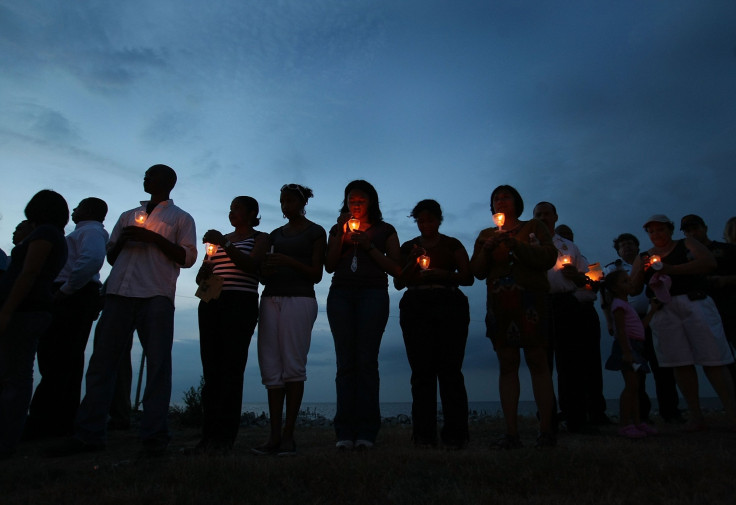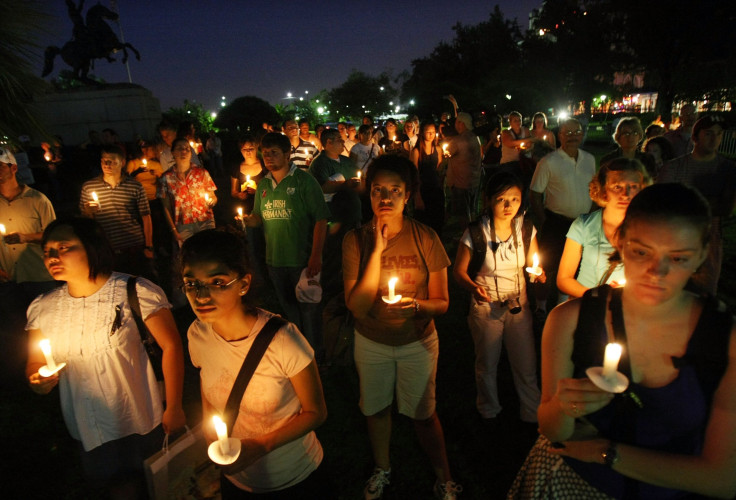10 Years After Hurricane Katrina, 30 Victims Remain Unidentified

Ten years after Hurricane Katrina wreaked havoc on Louisiana and Mississippi, 30 victims remain unidentified, WWL-TV reported on Wednesday. Autopsy reports obtained from the news station showed numerous locations across New Orleans where men and women were found with little to no personal belongings or distinguishing marks, making identification difficult, and funding allocated for DNA testing has dried up.
When Hurricane Katrina hit, the final death toll in Louisiana was 1,577 and in Mississippi it was 238, according to DoSomething.org. Identifying all of the bodies was not easy, and the Disaster Mortuary Operational Response Team was forced to work out of a temporary morgue in St. Gabriel, Louisiana, because the Orleans Parish morgue was submerged underwater. Autopsies were performed in the makeshift morgue, and DNA and X-rays were taken to try and identify the dead. But medical records were lost and bodies were decomposed, and collecting DNA samples from relatives who had been evacuated made the task difficult.

“We would take DNA from family members and relatives and try and match the family tree," said Dr. Louis Cataldie, who ran the Disaster Mortuary Operational Response Team when Katrina hit, WWL-TV reported. "That's real hard to do when you've got people displaced to Texas and you're trying to get their DNA. That's one of the reasons it took so long to identify these folks. Fingerprints were pretty much useless."
A memorial on Canal Street was dedicated three years after Hurricane Katrina hit, and 80 victims that were unclaimed by relatives or unidentified were laid to rest at the location. In 2005, 40 bodies remained unidentified, and now, a decade after the hurricane, 30 bodies are still unidentified.
Extensive DNA testing is needed in order to identify the bodies, said former Orleans Parish Coroner Frank Minyard, WWL-TV reported, but funding allocated by FEMA to the Louisiana Department of Health and Hospitals has dried up. State officials said that in an attempt to reunite families with the remains of their deceased relatives, the department spent more than $3 million, but only $2.2 million of those funds were reimbursed by the federal government.
© Copyright IBTimes 2024. All rights reserved.












